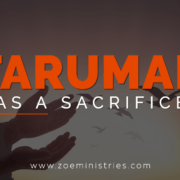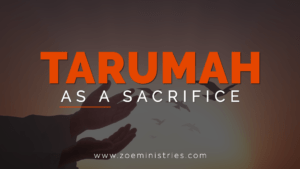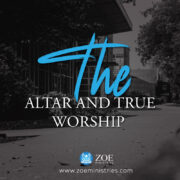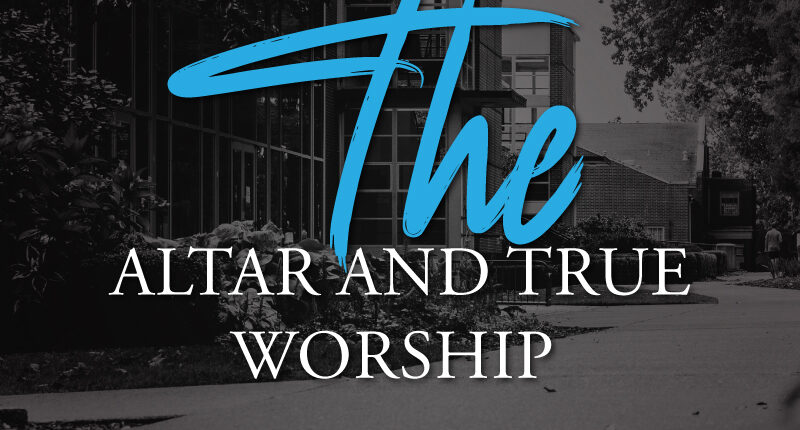DESCRIPTION OF THE PORTION
DESCRIPTION OF THE PORTION: The right thigh or the šôq hayyāmîn is reserved for the officiating priest and considered as the choicest part of the animal.
In 1 Samuel 9:24, the right thigh was the portion that was reserved for the guest of honor.
The thigh is one of the tenderest parts of the carcass, and so it is especially suitable for offering to visitors. However, as far as nourishment is concerned, all sections of meat from given animals are of equal nutritional value.
Why would God allocate the best part of the offering to the officiating minister?
It’s because God loves His people, and He has a special blessing for anyone — full-time or otherwise — who would contribute to advancing His Kingdom and doing His work. God blesses individuals and the church community is willfully contributing to His purposes.
Contribution is the modern meaning of târumah, which means to set aside. In the context of the passage, the best portion is set aside. The breast and thigh are approved by God to be the portions of the peace offerings that legally belong to the Aaronic priesthood, and be perpetually due to them. Based on the archaeological excavations at Lachish, Canaanite temple, the ruins had a large number of animal and bird bones, all of which came from the upper section of the right foreleg.
This discovery indicated the ritual of the Israelites of setting apart the thigh. Very few bones had contact with fire, suggested that the meat had been boiled (cf. 1 Sam. 2:13-14), which was a common method of food preparation.
Leviticus 7:35-36 is legislation that ensured the integrity and continuity of the food supply for God’s ministers, starting from the time the Aaronic priesthood was established and ordained.[i] The one who gives his contribution, for his part, is taught not to worry about food, drink, or clothing for the morrow (Mt. 6:31), since these are unsuitable concerns for those who are seeking Christ’s Kingdom and his righteousness.
The believer who gives his offering can trust that the Lord is his reward, and the Lord would reward him significantly because of his obedience and faith.
For every sacrifice of the believer, the officiating priest received something. It is the priest’s anointed right (Lev. 7:35). He was entitled to a share in sacrifices by virtue.
The breast is said to be a dedication (tənûp̄ah) (Lev. 7: 30), whereas the leg is described as a contribution (tərûmah) (Lev. 7:34).
Dedication is a sacred gift to God and/or his priests, but the contribution is more mandatory. A contribution represented the first stage in giving anything to God. Only certain objects went to the dedicatory ceremony in the sanctuary itself, which is why they are dedicated.
Your weekly dose of prophetic wisdom and anointing awaits you. Join our LIVE Conference Call!
1) Call 515-604-9266
2) Go to startmeeting.com, and use the login: BishopJordan



















